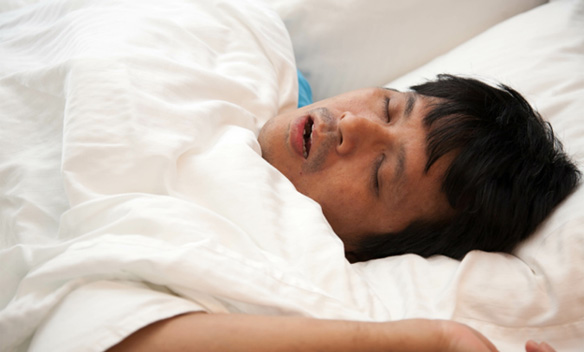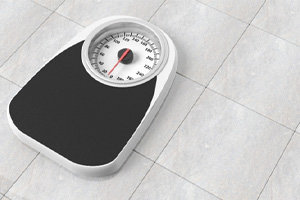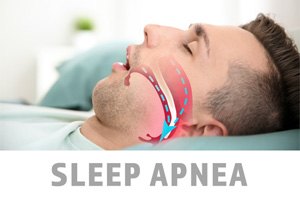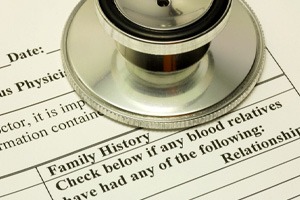Risk Factors for Sleep Apnea - Eugene, OR
Are You in Danger of Sleep Apnea?

Over 20 million Americans suffer from sleep apnea, a condition where repeated pauses in breathing can prevent you from getting a full night’s rest. It’s important to be able to recognize the risk factors for this condition so that you can get the treatment you need as soon as possible. Dr. Paskalev will be more than happy to explain the lifestyle choices and biological factors that can contribute to sleep apnea, so don’t hesitate to call us today to schedule a consultation.
What Puts You at Risk of Sleep Apnea?

Obstructive sleep apnea is caused by partial blockage of the airway, which gets in the way of oxygen traveling through your throat. This is most commonly due to the tongue falling to the back of the mouth or the throat muscles collapsing. The risk factors below can potentially lead to sleep apnea or make an existing disorder worse.
Gaining Too Much Weight

Being overweight can cause fat deposits to build up around your upper airway, making it more likely that your throat muscles will become flaccid or relaxed at night.
Naturally Narrowed Airway

If you were born with an airway that’s more narrow than usual, it could increase the risk of blockage, especially if you have swollen tonsils or adenoids.
Being Male

Men have a higher risk for sleep apnea than women, being two to three times more likely to develop the disorder. The exact reasons aren’t completely clear, but it is a point to be aware of.
Age

The older you get, the higher your risk of developing sleep apnea becomes. This may have to do with the fact that fatty deposits around the throat tend to be more common among the older population.
Family History

If your parents had sleep apnea, they may have passed it on to you. Knowing about a family history of sleep apnea can help you have the disorder diagnosed and treated early.
Using Alcohol or Sedatives

Drinking alcohol before bed or taking sleeping medication can lead to more relaxed throat muscles, which tends to make sleep apnea more severe.
Smoking

Smokers are three times more likely to suffer from obstructive sleep apnea than nonsmokers. Using tobacco can inflame your upper airway, increasing the risk of obstruction.
Nasal Congestion

Sinus problems, allergies, and other conditions that lead to nasal congestion could end up interfering with your airflow, thus possibly leading to sleep apnea.
Get the Help You Need for Sleep Apnea

While the above risk factors don’t necessarily guarantee that you’ll develop sleep apnea, they can be important clues. If you have reason to think you might have sleep apnea, you should have sleep testing performed as soon as possible. Once your disorder has been diagnosed, Dr. Paskalev can put together a customized treatment plan that addresses your specific symptoms. Feel free to let us know if you have any questions about your sleep apnea treatment options and how they can help you get a better night’s rest.
What is Sleep Apnea? Oral Appliance Therapy Types of Oral Appliances What We Do

